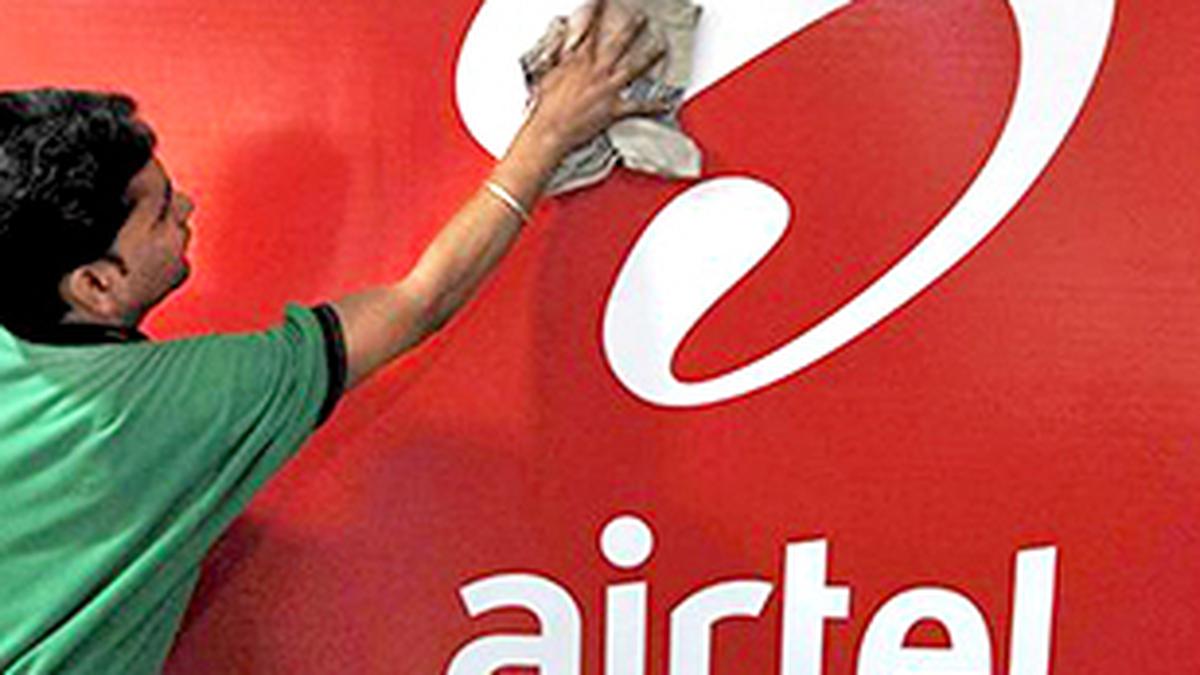
Manipur govt pulls up Airtel for ‘internet leakage‘
The Hindu
Manipur govt sends strong letter to Airtel for alleged internet leakage in some parts. Ranjit, Commissioner of Home Dept, demanded explanation & asked Airtel to disclose names of officials responsible. Internet services partially lifted on July 25, mobile internet still banned. High Court directed govt to consider opening mobile internet gradually, with conditions for use.
IMPHAL:
Manipur government has sent a strongly-worded letter to telecom provider Airtel for alleged leakage of internet services in some parts of the State.
T. Ranjit, Commissioner of the Home Department, Manipur, in an official letter to the Airtel authority demanded an explanation on why appropriate actions should not be taken up, among others, to ban the service in Manipur for violating the instructions of the Manipur government as established by the “leakage” of the internet services in some parts of the State. In May, the State government had ordered suspension of internet services fearing misuse the facilities to spread hate speech and fake videos at a time when Manipur is witnessing ethnic clashes.
Sources say that the instance of internet leakage has been reported in Churachandpur district.
The official letter asked the Airtel authority to disclose the names of the officials responsible for this lapse.
Manipur partially lifted restrictions on internet services on July 25, while mobile internet continues to be banned. The WiFi and VPN (Virtual Private Network) are also banned. On August 12, the Manipur High Court directed the State government to consider opening mobile internet in the State by whitelisting devices on a case-to-case basis gradually.
Conditions imposed by the government for internet use include users ensuring that all social media applications and Virtual Private Network (VPN) services are deleted from the devices, changing the login ID and password for each system every day, and making Internet service providers (ISPs) take responsibility for securing undertakings from each of their users.

After Leader of the Opposition in the Assembly R. Ashok’s prediction on Saturday that Chief Minister Siddaramaiah will step down in November 2025 triggered intense political discussions in the State, Home Minister G. Parameshwara on Sunday said Mr. Siddaramaiah will continue for the full five-year term.

 Run 3 Space | Play Space Running Game
Run 3 Space | Play Space Running Game
 Traffic Jam 3D | Online Racing Game
Traffic Jam 3D | Online Racing Game
 Duck Hunt | Play Old Classic Game
Duck Hunt | Play Old Classic Game
















